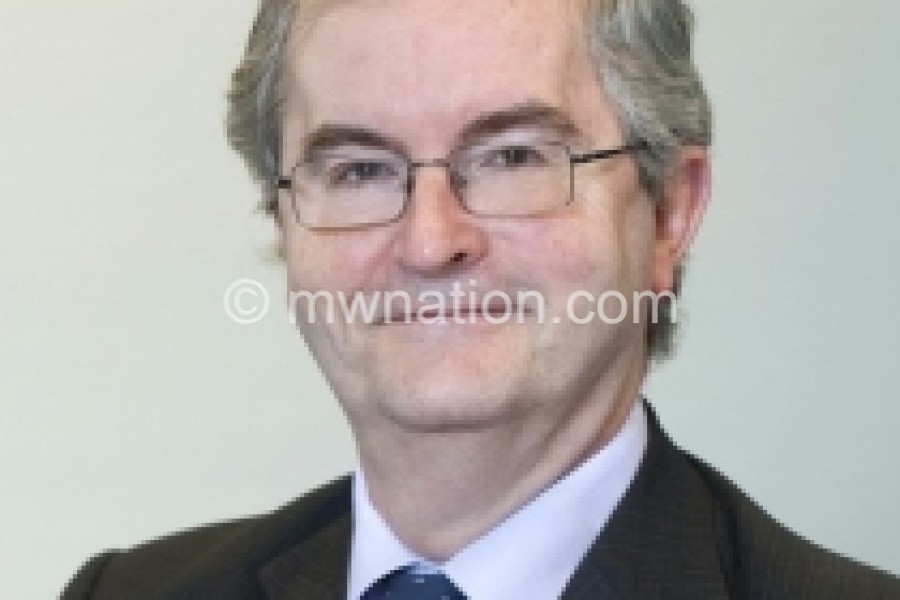EIB wants more local bank in climate change investment
World’s largest global lender for climate change related investment, the European Investment Bank (EIB), has unveiled a 35 percent increase in climate change investment in Africa by challenging local banks to follow its example.
The bank’s vice president responsible for climate change action Jonathan Taylor made the challenge on Saturday on the sidelines of various financing initiatives being held here in Marrakesh, Morocco, as part of the COP 22.

Flanked by COP 22 president Salaheddine Mezouar and Morocco Minster of Environment Hakima El Haite, Taylor underlined that public banks such as his have a key role to play, in developing products and instruments that encourage and maintain private capital flows to climate-friendly projects.
“As the Bank of the European Union, the EIB stands ready to work with our partners in government, the private sector and the group of Multilateral Development Banks, to make the Paris Agreement a true success,” he said.
The Paris Agreement is a climate change pact negotiated and agreed during the global climate change conference in Paris, France, last year—dubbed COP21. Almost 195 delegations to the conference adopted the Paris Agreement which plans to contain the average increase of the global temperature well below two degrees celsius to match levels before the industrial era.
The COP 22 currently underway in Marrakesh, Morrocco, aims at developing action plans of implementing the Paris Agreement. Almost 20 000 delegates are present here—Malawi inclusive—are taking part with climate change financing plan being one key issue to be agreed upon.
Taylor added that EIB welcomes the ratification of the UNFCCC Paris Agreement less than a year after COP 21, a key step to ensuring that the first-ever legally binding global agreement on climate can enter into force.
“We recognise the importance of long-term finance to tackle a changing climate and the increasing role of climate finance to drive economic growth. The Paris Agreement has strengthened efforts to unlock more sustainable finance and catalyse greater investment where market innovation, national leadership and international finance all play a crucial role,” he said.
In 2015 alone EIB climate action financing rose to a record EUR 20.7bn, which represented 27 percent of the EIB’s total lending.
EIB’s flagship climate change investment in Africa is the Ouarzazate solar plant here in Morocco, the biggest concentrated solar project in the world. T
Morocco currently imports over 97 percent of its energy. However, by harnessing its abundant sunshine, the country will free itself from volatile fuel costs and create the potential to export green energy to neighbouring countries.
Upon completion, Ouarzazate—with an earmarked 10 000 megawatts—will provide electricity for more than 1 million people, contributing around 14 percent of the energy mix in Morocco’s electricity supply and making a vital contribution to Morocco’s vision of increasing the share of renewables in its energy mix to 42 percent by 2020.
COP 22 president Mezouar said that to get the Paris Agreement in fullthrottle, at least $100 billion—loans and grants—should be devoted to finance projects facilitating countries’ adaptation to climate change, such as rising sea levels and drought, or to reducing greenhouse gas emissions by 2020.
These funds are expected to increase progressively over time, he said.
He added that to assist the most vulnerable countries, some developing nations will step up and voluntarily become donors.
As part of developing mechanism of pooling these funds, from today (November 15) there will be climate change financing discussion here at COP 22 on issues including public-private partnerships, allocation of financial aid for the adaptation and the emergence of green financial centers.
One of the delegates from Malawi, Professor Sosten Chiotha has welcome EIB’s call and has since called for local banks in the country to take up the challenge.





